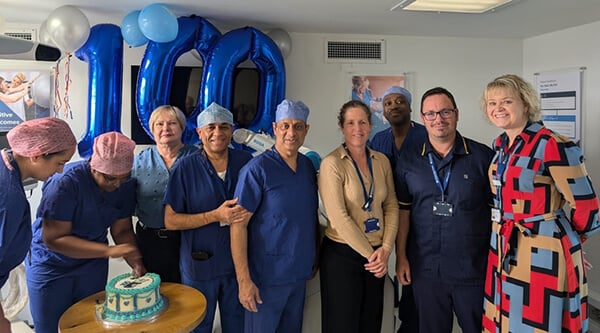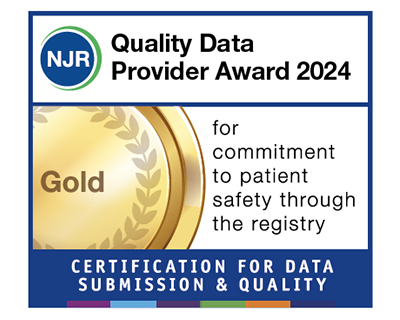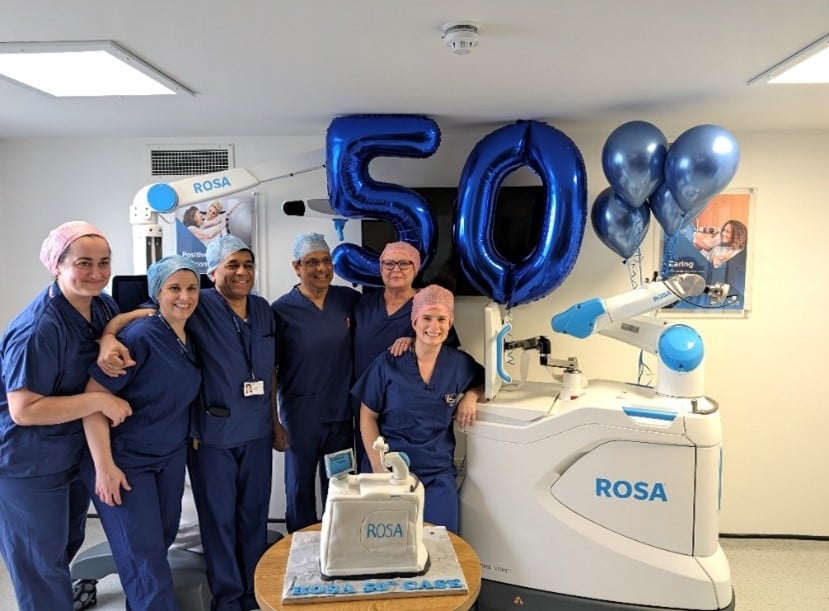A sleep study, or polysomnogram, is a test that records your brain and body functions whilst you are asleep. They are painless tests that just require you to sleep.
As you sleep, your brain waves, eye movement, heart rate, breathing, muscle tone, limb movement, blood oxygen levels and any noises you make such as snoring are monitored. Your sleep specialist will use this data to diagnose and treat your sleep disorder.
At Ramsay people often come to us for sleep studies to try to find out the cause of their ongoing sleep problems, or if they are feeling sleepy during the day or waking up feeling tired instead of refreshed. Also, partners may hear loud snoring, gasping and stopping breathing while sleeping which causes concern.
What are sleep studies?
Sleep studies are painless non-invasive tests that monitor your sleep and how your body responds to sleep problems. They are used to help doctors diagnose and manage many sleep disorders. These tests can be performed at home or in a sleep centre or hospital.
Sensors are placed on your body for the sleep study and are used to record your body functions.
The five main sleep studies are:
- Polysomnogram (PSG) – overnight test to monitor body functions such as brain waves, heart rate, leg movements and breathing during sleep.
- Multiple Sleep Latency Test (MSLT) - a series of daytime naps that measures how long it takes you to fall asleep.
- Continuous Positive Airway Pressure (CPAP) Titration - used to determine your optimal positive airways pressure (PAP) settings in patients already diagnosed with sleep apnoea.
- Split Night Study – firstly performs a polysomnography and then a CPAP titration. It performs both tests in the same night so you don’t need to come back another night for another test.
- Maintenance of Wakefulness Test (MWT) - measures how awake or alert you are during the day and if you can stay awake for a certain amount of time in a relaxing, quiet, and stimulation-free environment.


